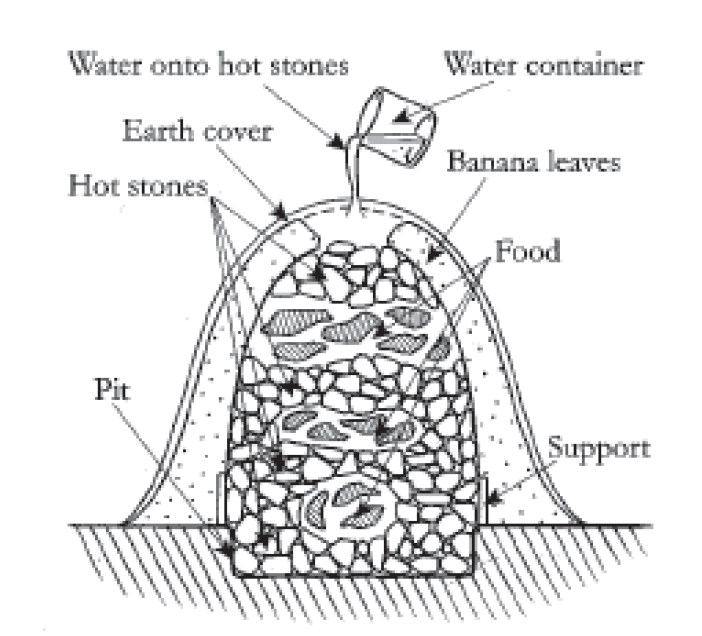Author: SRISTI ORG
Search for Sustainability Science
Long vilified as sorcerers, Kenya’s Nganyi rainmakers with meteorological equipment consisting of trees, pots and herbs are being enlisted to mitigate the effects of climate change (Kenya’s rainmakers called to combat climate change, Jean- Marc Mojon | Maseno, Kenya – Sep 20 2009 07:35). Of late, the scientific world has begun embracing them as partners […]
Read moreRoad Runoff Harvesting
Musyoka Muindu, Mwingi Town, Mwingi District, Kenya Kenyan Musyoka Muindu, 70, has developed a way of harvesting road runoff water and distributing it to his cultivated fields using various types of banks and channels. The owner of a 10-hectare plot, Musyoka grows maize, pigeon pea and beans apart from other crops such as citrus, bananas […]
Read moreWater harvesting and soil conservation in African countries
By tuning their ability to understand nature and experiment with the available resources, farmers in Kenya, Tanzania and Uganda have developed original, low-cost technologies for water harvesting and soil conservation. Some of the practices involve collecting rainwater from the road and directing it to cultivated fields, reclaiming riverbeds by planting crops and building natural barriers […]
Read more
Mumu: A traditional method of cooking foods, Papua New Guinea
Mumu or the earth oven is a part of the culture in Papua New Guinea. The food prepared by this method is cherished by the people. The murmurised foods are reportedly rich in flavour and therefore people prefer these to the foods from conventional ovens. Any type of food can be cooked in the mumu. […]
Read moreStorage of maize
Farmers of the Wagogo tribe use ash from burned dried dung of cattle to treat maize grains against weevils (beetles) after harvest. The ash is mixed with the grains and kept in storage structures commonly known as ‘Vihenge’. This method of storage has proved to be very effective. Some farmers use ash even to treat […]
Read more
